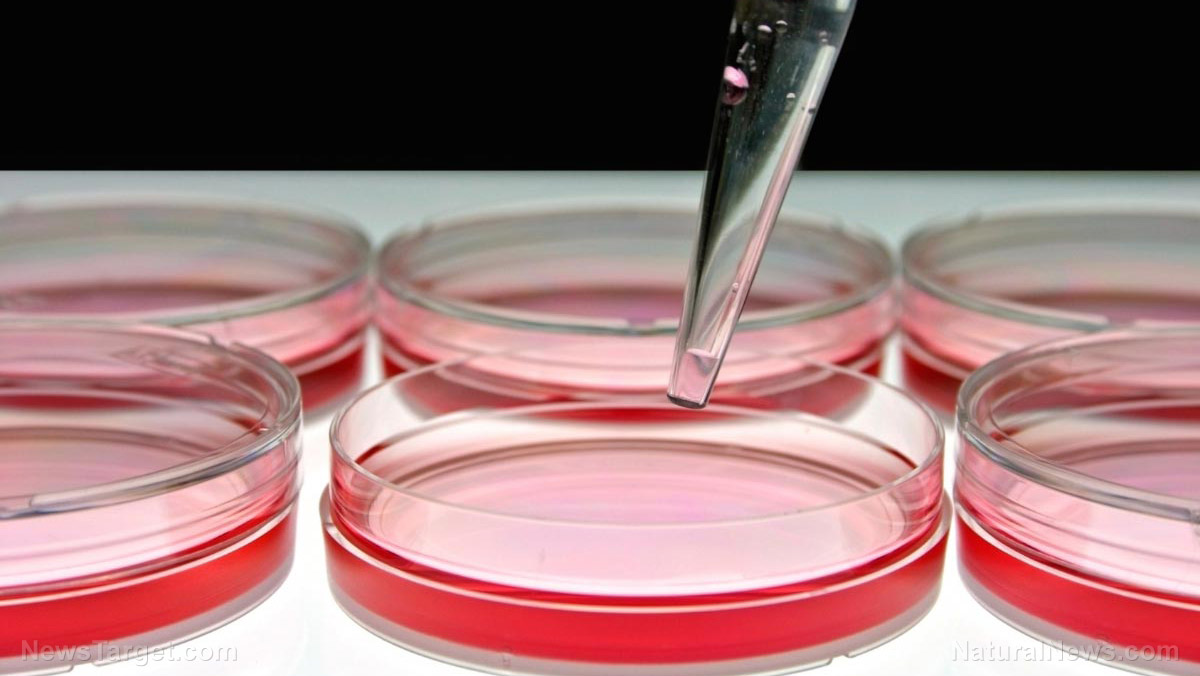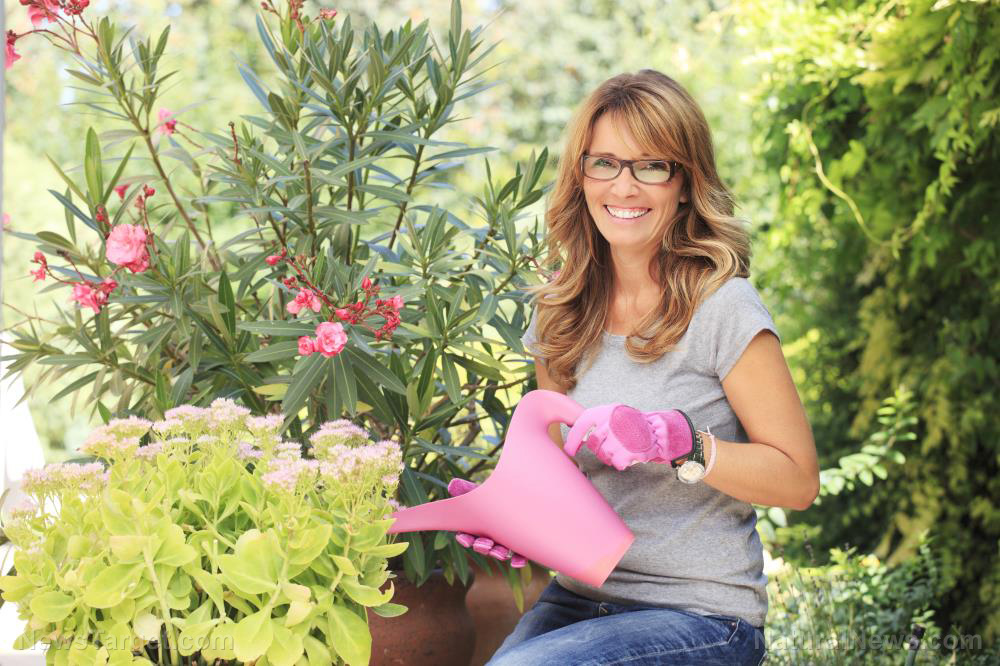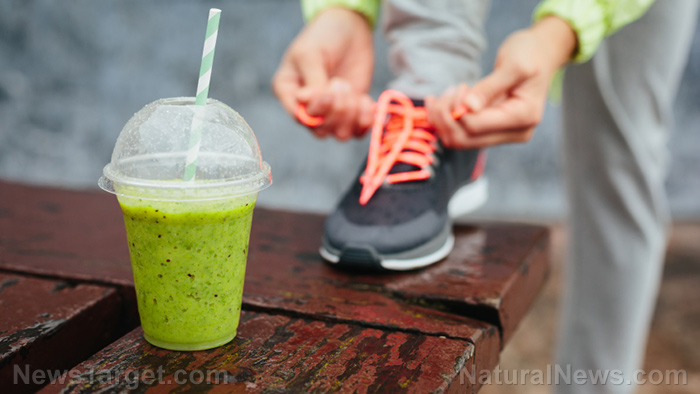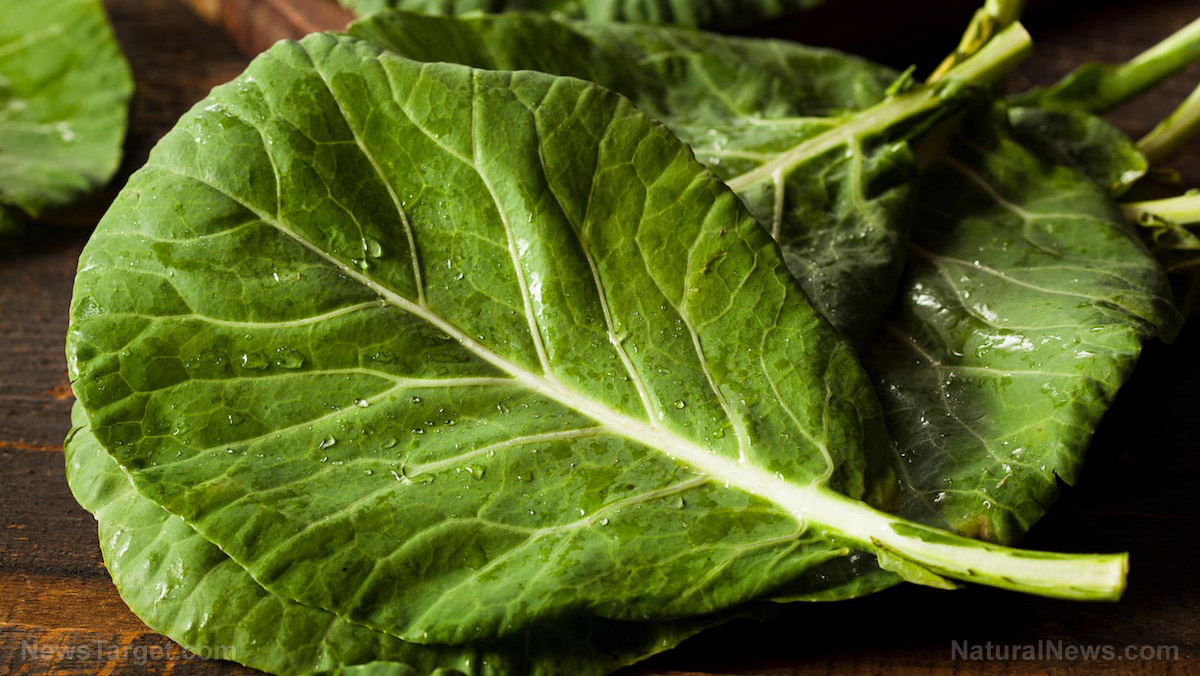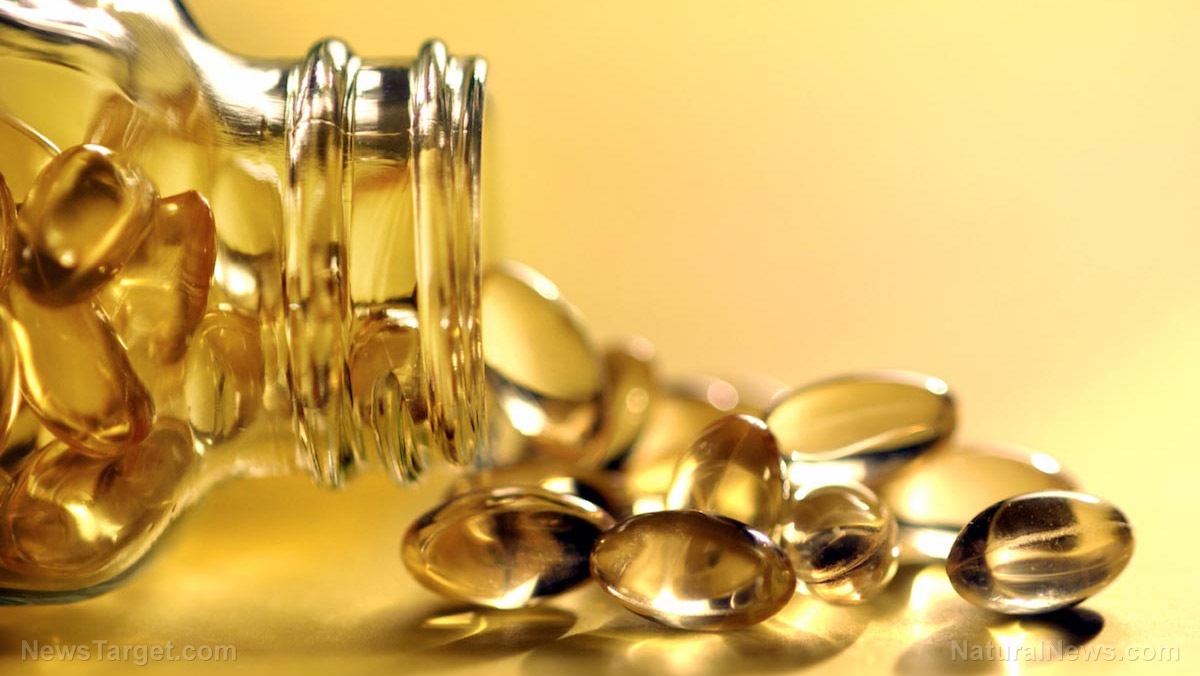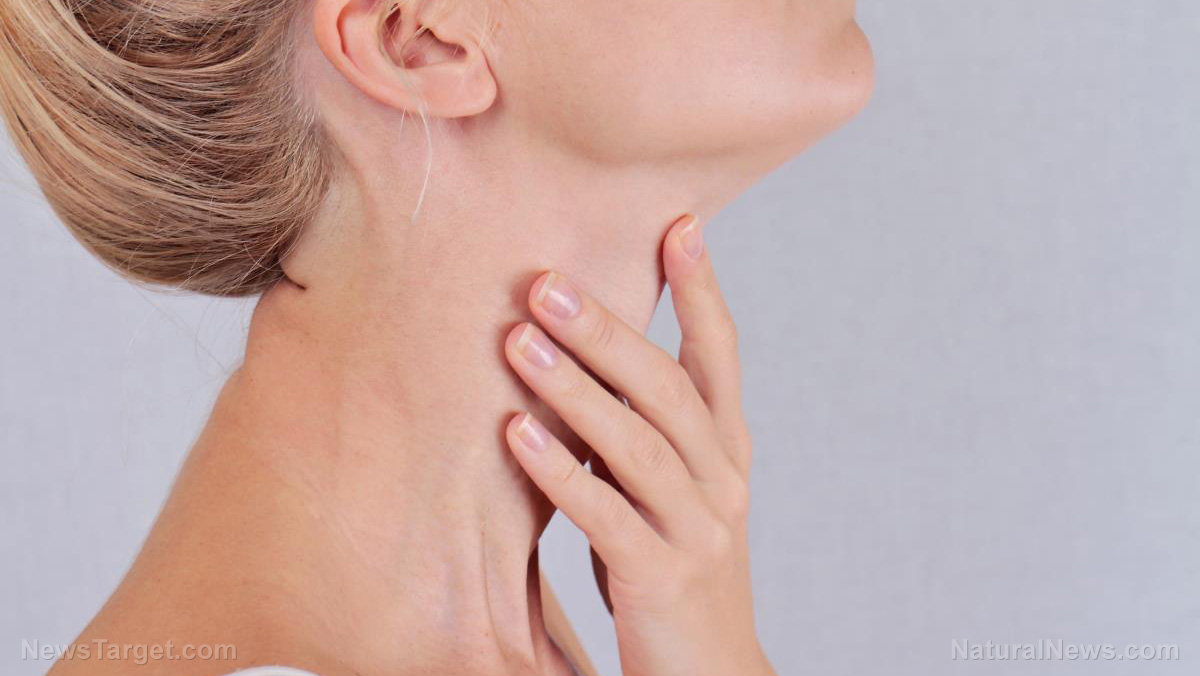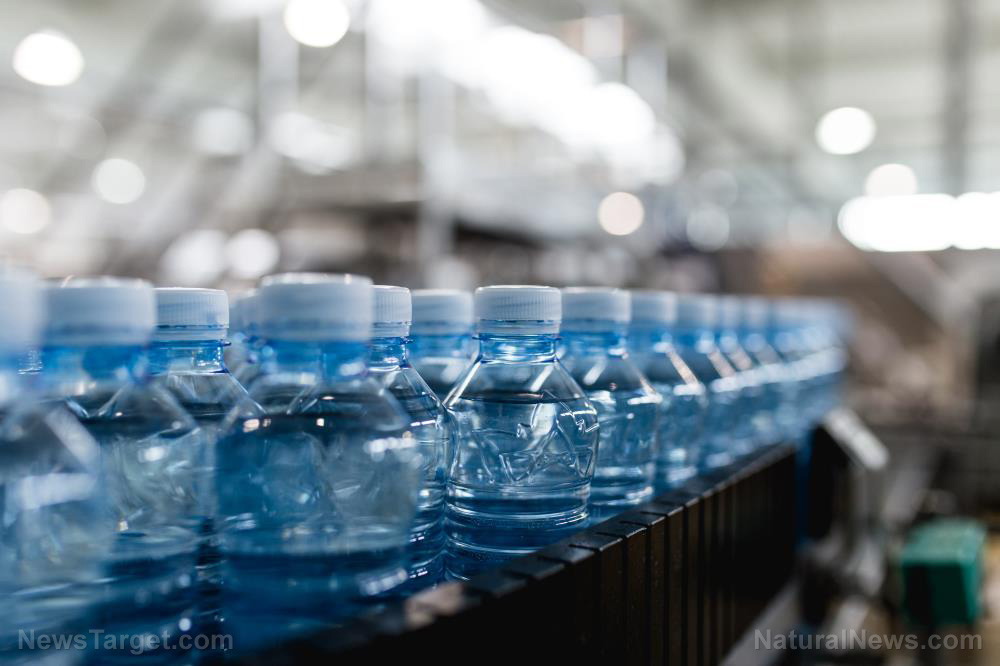BREAKTHROUGH: Vitamin D supplements taken during pregnancy found to prevent autism in children
01/19/2019 / By Russel Davis

Taking vitamin D supplements during pregnancy can prevent the onset of autism spectrum disorder in children, a recent animal study showed. Researchers at the University of Queensland in Australia say that pregnant mice who are given active vitamin D treatment during their equivalent first trimester bear offspring that do not not exhibit autism-related behaviors.
The study used a widely accepted model of autism in mice, which lists symptoms such as abnormal behavior and basic learning and social interaction deficits.
The results demonstrate that vitamin D levels are a crucial factor in brain development, says lead researcher Professor Darryl Eyles.
“Recent funding will now allow us to determine how much cholecalciferol — the supplement form that is safe for pregnant women — is needed to achieve the same levels of active hormonal vitamin D in the bloodstream. This new information will allow us to further investigate the ideal dose and timing of vitamin D supplementation for pregnant women,” says researcher Dr. Wei Luan.
The results were published in the journal Molecular Autism.
Human studies show correlation between vitamin D levels, autism onset
Various human studies have previously established a link between vitamin D intake and the onset of autism spectrum disorder (ASD) in children.
Autism experts at China’s First Hospital of Jilin University noted that a 32 month-old toddler with ASD who had daily oral intake and monthly injection of vitamin D3 showed a marked improvements in behavior. According to the researchers, the boy was more responsive, stopped banging his head, and running in circles at two months following the vitamin D intervention. However, the researchers cautioned that the single case study cannot be taken as a general representation for all autism patients. The results of the case study was published in Pediatrics, the official journal of the American Academy of Pediatrics.
100% organic essential oil sets now available for your home and personal care, including Rosemary, Oregano, Eucalyptus, Tea Tree, Clary Sage and more, all 100% organic and laboratory tested for safety. A multitude of uses, from stress reduction to topical first aid. See the complete listing here, and help support this news site.
Another study revealed that low vitamin D levels in pregnant women may raise the odds of autism spectrum disorder in children. The researchers examined 4,200 blood samples from pregnant women and their children, and found that pregnant women with low vitamin D levels at 20 weeks of gestation were at an increased risk of having a child with autism-related traits by the age of six. The findings demonstrate that vitamin D deficiency may be linked to the onset of neurodevelopmental disorders, researchers said. Access to safe, inexpensive and publicly available vitamin D supplements in at-risk groups may help stem the prevalence of this risk factor, experts added.
In addition, a small Swedish study revealed that children with autism had significantly lower vitamin D levels at birth compared with their siblings. The researchers examined 58 pairs of Swedish-born siblings and found that the average vitamin D levels at birth were 31.9 nanomoles per liter in healthier siblings and only 24 nM in those who developed autism.
The researchers also noted that children born during winter had lower vitamin D levels compared with those born during the summer. Children of African or Middle Eastern heritage also exhibited vitamin D deficiency regardless of their autism status. “These new results suggest that vitamin D may be another nutritional factor important in the development of autism spectrum disorder during pregnancy and early life. The researchers found a wide range of vitamin D levels among the children with autism and an overlap in vitamin D levels between those who developed the disorder and those who did not. So there’s still much we don’t understand,” said Dr. Paul Wang, a Developmental Pediatrician and Head of Medical Research at Autism Speaks.
Sources include:
Tagged Under: autism, child development, mental health, natural cures, vitamin D, vitamin D deficiency


